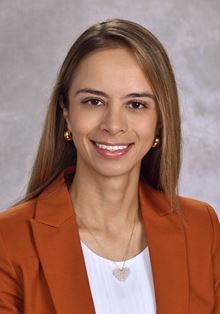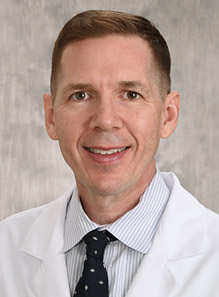121-130 of 1193 Results Found
Gastroenterology Research
Research in gastroenterology, hepatology and nutrition at Phoenix Children’s is helping advance our understanding of gastrointestinal (GI) and liver diseases. Through these studies, we are making strides in improving therapies for children affected by these conditions. At Phoenix

Condition
Psoriasis What is psoriasis? Psoriasis is a long-term (chronic) skin condition. It causes inflamed, red, raised areas of skin (plaques). The plaques itch and can be painful. The condition most often occurs on the scalp, elbows, knees, and lower back. What causes psoriasis
Barrow Neurological Institute at Phoenix Children’s Research
Barrow Neurological Institute at Phoenix Children’s is a premier center with five divisions dedicated to pioneering research in pediatric neurosciences. Our exceptional team comprised of scientists, physicians and healthcare professionals is committed to advancing the
Doctor
Cindy Salm Bauer, MD
Division Chief and Medical Director, Allergy and Immunology; Co-Director, Eosinophilic Gastrointestinal Disease Clinic
Specialties

Patient Forms & Resources
… Center for Disease Control and Prevention The official website of the Centers for Disease Control and Prevention … General health information from tots to teens BrightFutures.aap.org HealthyChildren.org KidsHealth.org … Obesity Information EatRight.org – sponsored by American Dietetics Association. Eatwellbewell.org – Arizona Nutrition …
Condition
Liver Transplant for Children What is a liver transplant for children? A liver transplant is surgery to replace a diseased liver with a healthy liver from another person. The new liver may come from an organ donor who has just died. A liver transplant may also come from a healthy

Program Description and Goals
The Combined Pediatric-Medical Genetics and Genomics Residency Program at Phoenix Children’s is designed to train the next generation of professionals in Medical Genetics. Phoenix Children’s draws patients from the entire state of over seven million residents, giving a broad and
Responsive Neurostimulation (RNS)
If your child has tried two anti-seizure medications, and is still having seizures, they may have drug-resistant epilepsy. According to the Institute of Medicine, about 800,000 Americans experience seizures despite taking anti-seizure medications. In fact, after trying two
